Late last week I had the chance to participate as a faculty member at WOMM-U, an engaging event put on by the Word of Mouth Marketing Association (which my employer, Ogilvy PR, is a member of). My role was somewhat unique among other speaking events that I have done – along with Jason Anello from Yahoo!, I was meant to lead six half hour sessions on the topic of "speed trials" of tools in the WOM and social media space. It was a relatively open topic, discussed in round table formats, however the nice thing about it was that it really gave me a chance to spend some time individually with many of the attendees of the event in a way that I typically don’t get. As a result, I came away extremely excited about the interest level in WOM among top marketers, as well as the common challenges that many of us face.
As WOM emerges as a notable branch of marketing (and by most reports at WOMM-U, it has already done so with nearly a billion dollars expected to be spent on WOM this year alone), people start to take different approaches to defining it within their organization and to their peers. The most interesting thing for me from WOMM-U was that three core philosophies seemed to emerge for how people were defining word of mouth, and they each have some interesting lessons for you if you are planning to start a word of mouth effort or need to justify one to your boss:
- WOM is a channel. This is one of the most popular ways of looking at word of mouth marketing, promoted by groups such as BzzAgent and RepNation because of how easy it is to explain to traditional marketers. When you treat WOM like a media channel, then you can buy and sell it just like you do for TV or Radio or Online Ads. This is a great way to describe it if your audience is people who understand traditional media planning and think in terms of impressions and CPCs. This also plays well to models like BzzAgent where you have a defined pool of people who are measurable because they represent a subset of an audience. It becomes tougher (but not impossible) when you focus on a wider pool of people.
- WOM is an outcome. A refrain heard from many people at WOMM-U, this was the broader view that WOM should be a core element of all your marketing. Everything from your TV spots to your online community is driving people to share their experience with others. Think of this not as "conversion-based marketing" but rather as "conversation-based marketing." When WOM is treated as an outcome of all your acitivities, you can start to think more broadly about what your marketing is doing. Jeffrey Graham from the NY Times shared an interesting point that you need to think of your newspaper budget (for example) as a WOM budget. Once you do that, there is a whole difference lens you can use on your current marketing (without having to find new budget too!) aa
- WOM is viral/buzz. This is one of the most common perceptions about WOM, that it is all about having something go viral or building a buzz. At our round table, this question came up frequently. There are indeed some poeple who believe that WOM is all about viral marketing and it is a valid point of view. The way I usually describe the difference is through the importance of belief. Viral or buzz marketing is all about having one person pass something along to someone else for any quality (not necessarily one that is around the brand). You may pass a viral video about Burger King onto someone else because it’s funny, not because you love Burger King. WOM on the other hand, typically involves some kind of belief.
Have you made word of mouth marketing a core element of your marketing strategy? If so, which philosophy has worked for you to describe and position it within your organization? And are there any others that are missing?


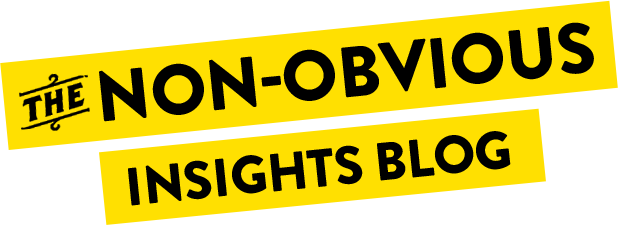




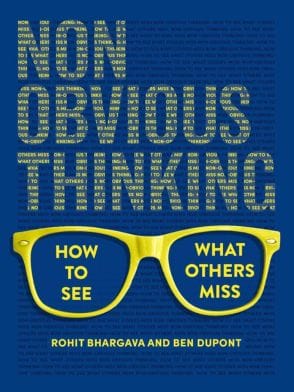

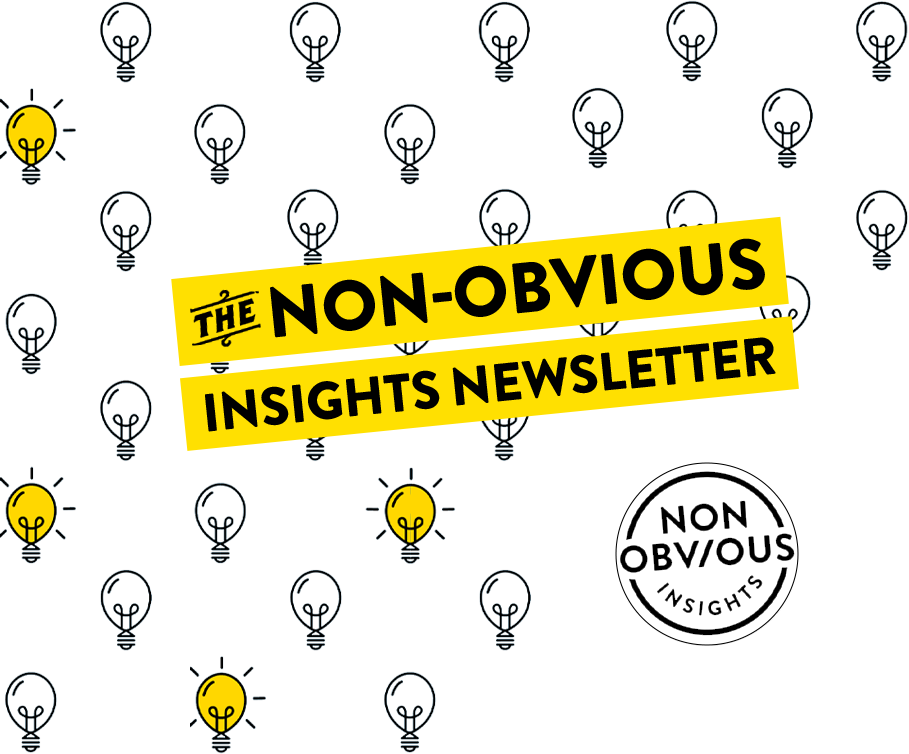


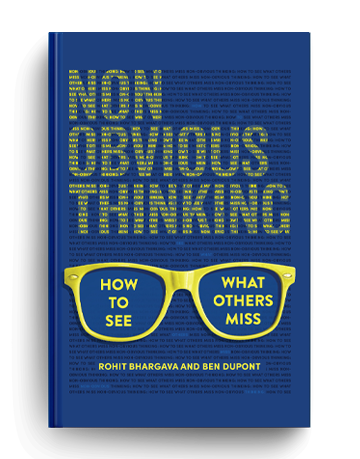
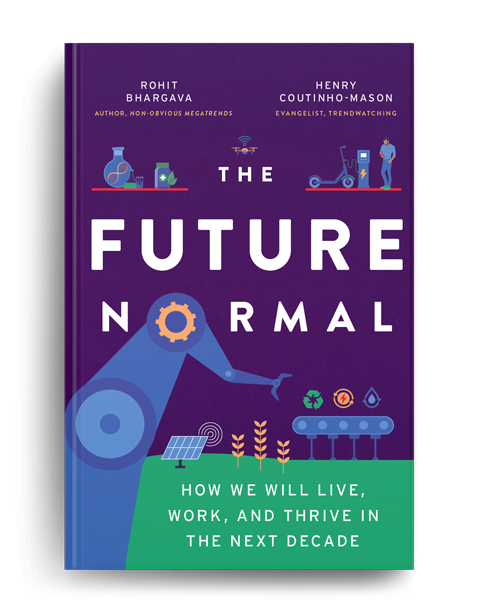
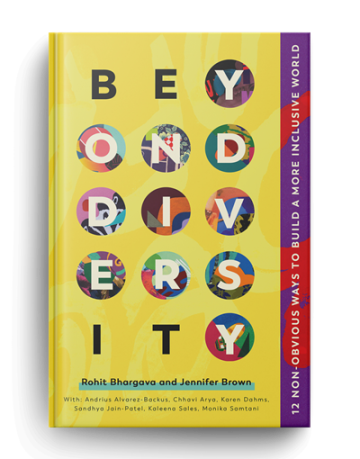
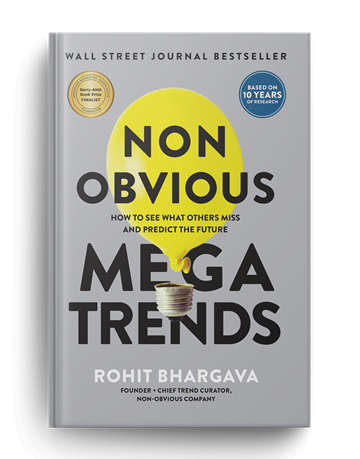
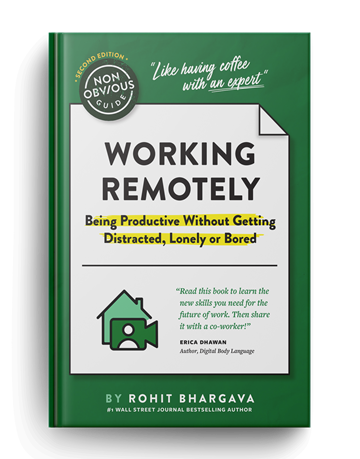
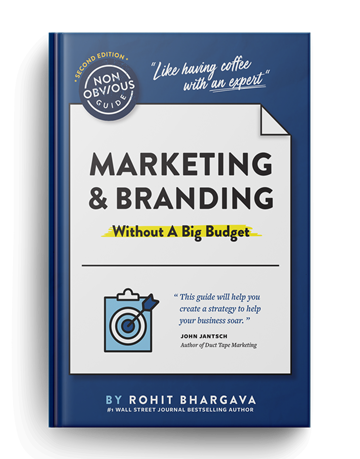
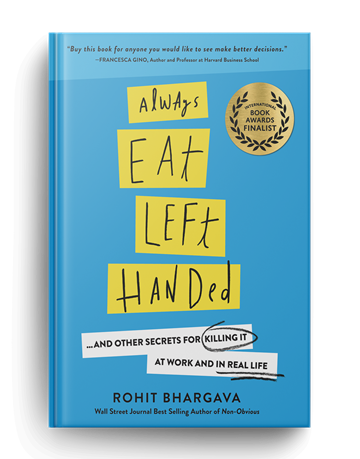
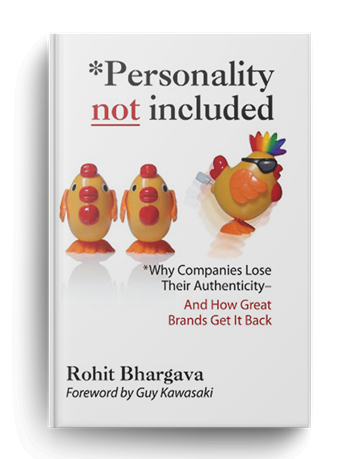
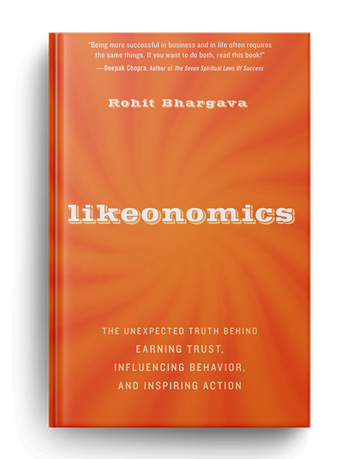

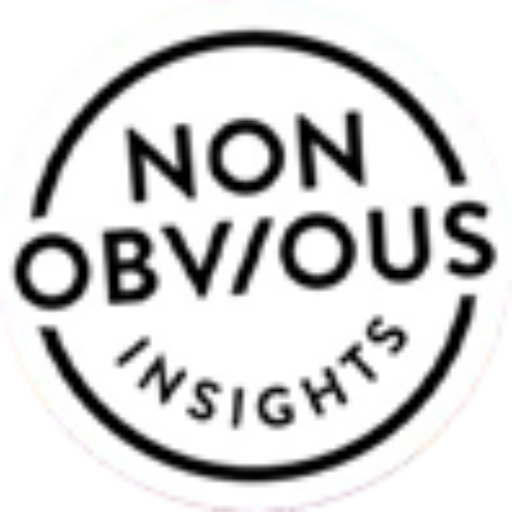
Great post. You always do a great job of explaining the new approaches in terms that traditional marketers will appreciate. Now I just need to decide which approach to take with my boss…
Great post. You always do a great job of explaining the new approaches in terms that traditional marketers will appreciate. Now I just need to decide which approach to take with my boss…
I bristle at the idea that WOM is a channel. I appreciate that BzzAgent has been successful at framing their business that way but, in general, this approach devalues WOM.
WOMM is a discipline. It is a marketing expertise that crosses all other disciplines – marketing public relations, direct, etc… That’s what WOMMA is all about – cultivating a community of WOMM experts.
I bristle at the idea that WOM is a channel. I appreciate that BzzAgent has been successful at framing their business that way but, in general, this approach devalues WOM.
WOMM is a discipline. It is a marketing expertise that crosses all other disciplines – marketing public relations, direct, etc… That’s what WOMMA is all about – cultivating a community of WOMM experts.
I’d very much be interested in an article that discusses what marketers are doing to measure for successful WOM in their marketing campaigns.
Thanks very much for the article, helpful as always!
I’d very much be interested in an article that discusses what marketers are doing to measure for successful WOM in their marketing campaigns.
Thanks very much for the article, helpful as always!
Dave – Glad you found it useful!
John – Great point, thanks for commenting – that is certainly the philosophy that is sure to echo for WOMM professionals who understand and lead in this space.
Jeff – You should definitely check out some of the materials on the WOMMA site at http://www.womma.org. They tend to publish some great case studies and measurement metrics, as well as thought leadership which is propelling the entire industry.
Dave – Glad you found it useful!
John – Great point, thanks for commenting – that is certainly the philosophy that is sure to echo for WOMM professionals who understand and lead in this space.
Jeff – You should definitely check out some of the materials on the WOMMA site at http://www.womma.org. They tend to publish some great case studies and measurement metrics, as well as thought leadership which is propelling the entire industry.
Thanks for a great article. When I read point 3, I immediately thought about products I’ve created to build buzz about my group. Are we creating the productsAre people passing on our newsletters, presentations, etc. because they are entertaining? or do they believe in service.
All the best
Thanks for a great article. When I read point 3, I immediately thought about products I’ve created to build buzz about my group. Are we creating the productsAre people passing on our newsletters, presentations, etc. because they are entertaining? or do they believe in service.
All the best
I was lucky enough to sit in on one of the sessions lead by Rohit and came away with some great ideas and tools to check out back at the office. Thanks Rohit!
This article summarizes perfectly what I heard at WOMM-U and because so many of us are introducing WOMM into an organization that may not understand WOMM but wants to learn, I feel the three categories are a great starter to introduce the concept and get buy-in from those that sign off on budgets.
I was lucky enough to sit in on one of the sessions lead by Rohit and came away with some great ideas and tools to check out back at the office. Thanks Rohit!
This article summarizes perfectly what I heard at WOMM-U and because so many of us are introducing WOMM into an organization that may not understand WOMM but wants to learn, I feel the three categories are a great starter to introduce the concept and get buy-in from those that sign off on budgets.
Love distinguishing between viral and womm using the ‘on-brand’ filter. It’s like squares and parallelograms – all squares are parallelograms, but not all parallelograms are squares. i.e., all womm is viral, but not all viral is womm.
Love distinguishing between viral and womm using the ‘on-brand’ filter. It’s like squares and parallelograms – all squares are parallelograms, but not all parallelograms are squares. i.e., all womm is viral, but not all viral is womm.
great! wom is something underlying and the brands can’t ignore the voice of internet users, the tradition media, by now, are not enough and the press release is not efficient at all.
great! wom is something underlying and the brands can’t ignore the voice of internet users, the tradition media, by now, are not enough and the press release is not efficient at all.
@Art Sindlinger: Love the parallelograms vs squares simile. I’m definitely going to use that next time someone decides to sell me on viral.
@Rohit: Good point about WOM as a channel being easy to explain. It’s a gateway concept for a lot of people, so I believe there is still value in framing WOM in these terms, even when you know there’s more to it.
@Art Sindlinger: Love the parallelograms vs squares simile. I’m definitely going to use that next time someone decides to sell me on viral.
@Rohit: Good point about WOM as a channel being easy to explain. It’s a gateway concept for a lot of people, so I believe there is still value in framing WOM in these terms, even when you know there’s more to it.
My perception about WOMM is more inline with your second definition (or idea). I think WOMM is more of an “Outcome” or a “by-product” of customer satisfaction (satisfaction in the sense “happiness”. Not merely “just satisfying the core need”).
If I am happy with my experience with your brand, I may go and spread the good word about you. If I felt like I was cheated by you, I will definitely spread the bad WOM. If I am indifferent, I may keep my mouth shut. So the key for the marketer is “make me extremely happy!”. Do something unbelievable to amuze me!
In short, all that marketers should do is, just makeing sure their customers are “happy”. Happy customers will do the necessary WOMM for you. Just focus on what marketing “principles” ask you to do, and WOMM will follow you. You don’t need an agency to handle your WOMM efforts.
All the rest hype about WOMM are artificially created WOM by those WOMM agencies, to attract more dollars from client companies.
My perception about WOMM is more inline with your second definition (or idea). I think WOMM is more of an “Outcome” or a “by-product” of customer satisfaction (satisfaction in the sense “happiness”. Not merely “just satisfying the core need”).
If I am happy with my experience with your brand, I may go and spread the good word about you. If I felt like I was cheated by you, I will definitely spread the bad WOM. If I am indifferent, I may keep my mouth shut. So the key for the marketer is “make me extremely happy!”. Do something unbelievable to amuze me!
In short, all that marketers should do is, just makeing sure their customers are “happy”. Happy customers will do the necessary WOMM for you. Just focus on what marketing “principles” ask you to do, and WOMM will follow you. You don’t need an agency to handle your WOMM efforts.
All the rest hype about WOMM are artificially created WOM by those WOMM agencies, to attract more dollars from client companies.